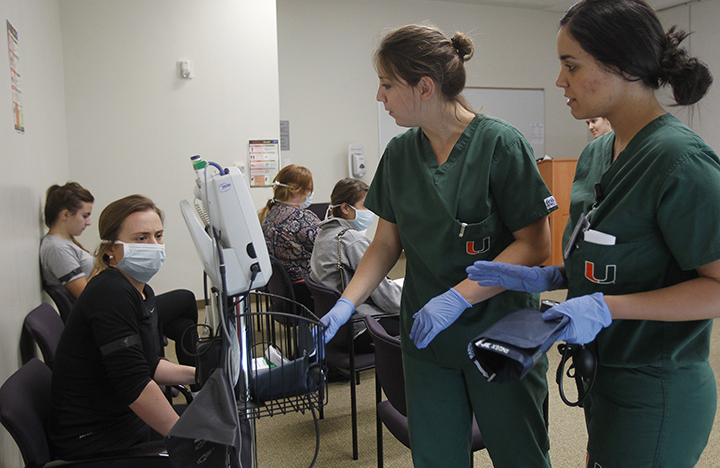Introduction:
Nursing, often referred to as the heart of healthcare, encompasses a diverse array of roles and responsibilities that are crucial to the well-being of individuals and communities. In this blog, we delve into the multifaceted world of nursing, exploring its significance, challenges, and the profound impact it has on the lives of patients and their families.

The Essence of Nursing:
At its core, nursing is built upon a foundation of compassion, empathy, and a commitment to healing. Nurses serve as advocates, educators, caregivers, and comforters, providing holistic care to individuals across the lifespan. Whether at the bedside or in the community, nurses play a pivotal role in promoting health, preventing illness, and improving the quality of life for those they serve.
Historical Foundations:
The roots of modern nursing can be traced back to Florence Nightingale, whose pioneering work during the Crimean War revolutionized healthcare practices and paved the way for the profession we know today. Nightingale’s emphasis on sanitation, hygiene, and compassionate care set a standard of excellence that continues to inspire nurses around the world.
Roles and Responsibilities:
The nursing profession encompasses a wide range of roles and specialties, each with its own unique contributions to patient care. From clinical nurses who provide direct bedside care to nurse educators who mentor and train the next generation of nurses, the diverse roles within the profession are united by a common goal: to promote health, alleviate suffering, and restore dignity to those in need.
Challenges and Rewards:
While nursing is a deeply rewarding profession, it is not without its challenges. Nurses often work long hours, juggle multiple responsibilities, and face emotionally demanding situations on a daily basis. Despite these challenges, the rewards of nursing are immeasurable. The opportunity to make a positive difference in the lives of others, to witness moments of healing and transformation, and to forge meaningful connections with patients and their families are just a few of the many rewards that come with being a nurse.
Education and Training:
Becoming a nurse requires a combination of academic study, clinical training, and ongoing professional development. Nursing education programs provide students with the knowledge, skills, and clinical experience needed to deliver high-quality care in a variety of settings. Continuing education and lifelong learning are essential for nurses to stay current with advances in healthcare and provide evidence-based care to their patients.
Conclusion:
In conclusion, nursing is a noble profession that embodies the values of compassion, integrity, and service. From the bedside to the boardroom, nurses play a critical role in every aspect of healthcare delivery. As we celebrate the contributions of nurses, let us honor their dedication, resilience, and unwavering commitment to caring for others. Together, we can ensure that nursing continues to thrive as a beacon of hope and healing for generations to come.














